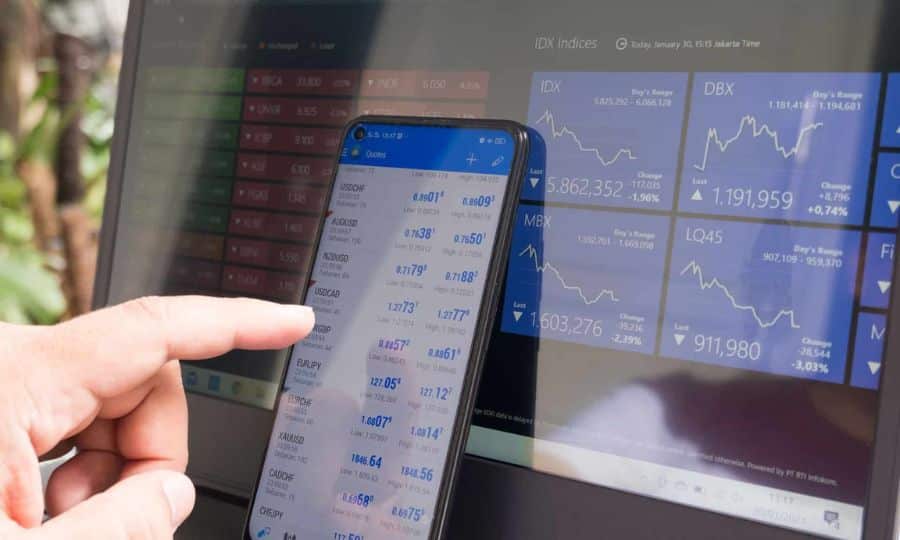Why Choose European Forex Traders
Forex trading is highly attractive to many day traders across the world because of its accessibility and the potential for quick profits. With that said, of course, there are serious risks associated with short-term trades like this.
The inherent risks and volatility of currency trades and speculation is just one of the reasons that many countries around the world regulate and restrict Forex brokerages. Choosing a brokerage in or out of strictly regulated areas can have many different impacts. For example, there are many reasons why people choose EU-based brokerages above non-regulated brokerages or highly restricted brokerages like those in the USA.
Table of Contents
US Vs. EU Brokerages: What’s The Difference?
The first and most important difference between EU and US-based brokerages is the difference in regulatory consistency. American brokerages are all covered by the same regulations that determine basic requirements for liquidity, limit leverage, and disallow certain trading strategies.
Generally speaking, American Forex brokers are some of the most heavily restricted, thanks to the Dodd-Frank act. This was enacted in 2010 to limit the chance of another financial crash like the one that happened in 2008.
By contrast, EU brokerages are subject to both EU regulations and regulations within their base country. There is no single regulator that covers the full of the EU, and so many EU brokers offer different services and strategies based on local regulations (or lack thereof).
Remember that Europeans favour Forex brokers that are flexible enough to meet their needs. The variety of choice, therefore, is key.
The Pros & Cons Of European Forex Traders

When choosing a Forex broker, the first thing you need to consider is whether they operate in a way that suits your needs. For example, whereas American Forex brokers have to meet very high liquidity requirements and trade volume restrictions (making them better suited to big investors), many EU Forex brokers, by contrast, are not as limited in their liquidity or trade volumes, making them more accessible for smaller traders.
Pros
- More flexibility over strategies.
- The option of lower minimum deposit requirements can be found.
- Lack of trade volume restrictions makes it easier to undertake a series of small trades.
Cons
- Lack of consistent regulation can leave uninformed or new traders vulnerable.
- Lack of consistent restriction on leverage leaves traders at risk of oversized losses.
European brokerages are not safer or riskier by default than American brokerages, or Forex brokerages in any other country. They are simply subject to different restrictions and regulations. Depending on which country the brokerage is based in, you may find they are more or less restricted than, for example, UK based brokerages.
As is often the case when it comes to investing and trading, the best Forex broker for you is the one that meets your needs and offers you the support and protection that you seek. Because of the patchwork of regulatory bodies in Europe, there is a wider range of brokerages operating under varying restrictions and freedoms. This can make it easier to find a niche broker.


